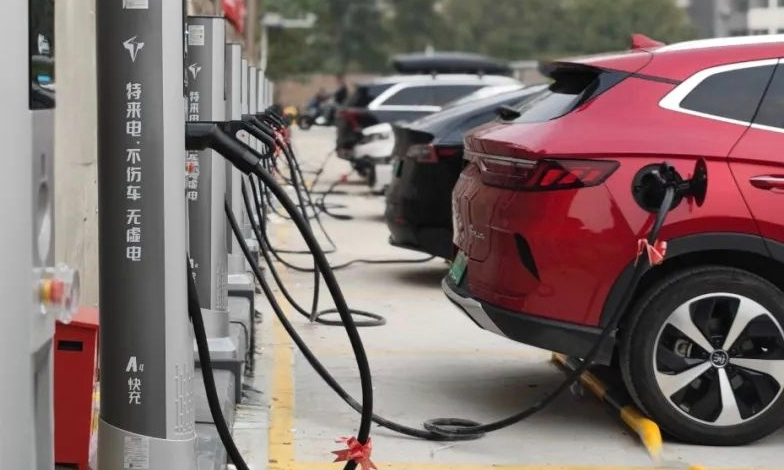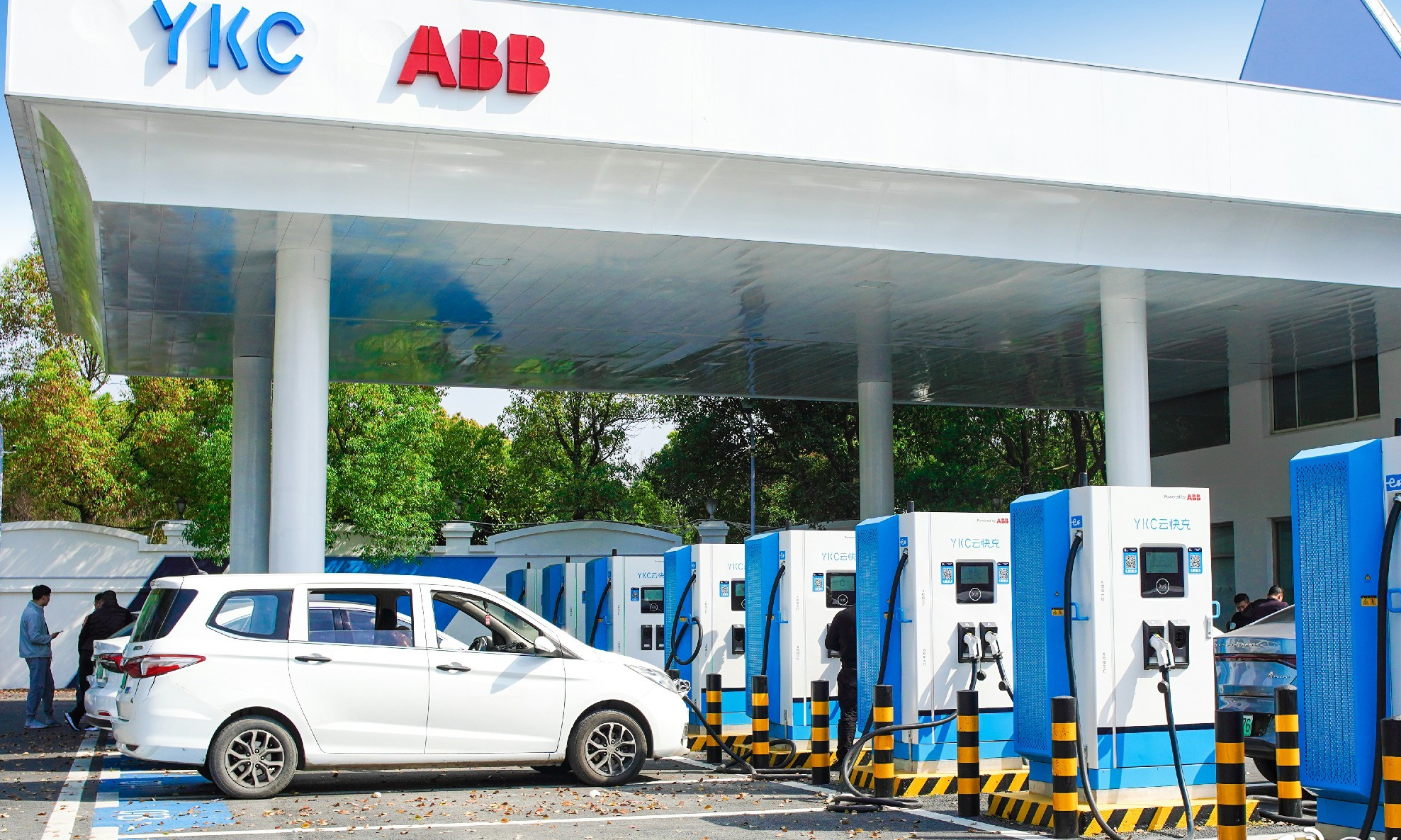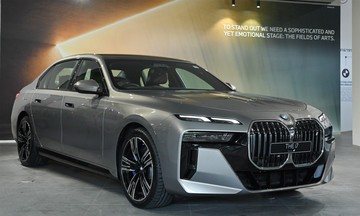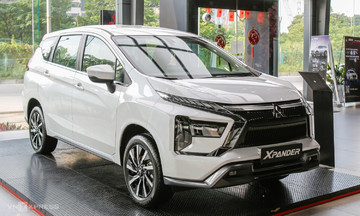China has achieved a ratio of two charging stations for every five electric vehicles, Wang Hongzhi, director of the National Energy Administration (NEA), announced on 26/8. The total number of electric vehicle charging infrastructure points reached 16,696,000 by the end of July, 10 times the figure in 2020 and a 53% increase year-on-year.
In the first 7 months of 2025, 3,878,000 charging units were added, a 93.2% increase compared to the same period in 2024. Public charging facilities increased by 623,000 units (up 28.9%), while private charging facilities saw a significant jump of 3,255,000 units (up 113.6%).
 |
A charging station operated by Teld New Energy in China. Photo: Weibo |
A charging station operated by Teld New Energy in China. Photo: Weibo
The ratio of charging station additions to new energy vehicles is 1:1.8. This indicates that infrastructure development is keeping pace with electric vehicle sales growth, which reached 6,913,000 domestically during the same period.
Increased electric vehicle use has also significantly boosted electricity consumption. According to Du Zhongming, director of NEA's power department, electricity consumption for electric vehicle charging and battery swapping services increased by over 40% in the first 7 months of this year.
In July alone, national electricity consumption for charging reached approximately 7.71 billion kWh, an increase of 1 billion kWh compared to the previous month. This marks a 53.9% year-on-year growth and a 14.9% month-on-month growth. This power primarily served buses and private cars, while sanitation/logistics vehicles and taxis accounted for a smaller portion.
 |
A charging station from provider Yunkuai Charge. Photo: YKC |
A charging station from provider Yunkuai Charge. Photo: YKC
The charging station operation market is dominated by a few major players. As of July, the top 15 operators managed 84.1% of all public charging stations. The leaders are: TELD with 807,000 stations, Star Charge with 703,000 stations, and Yunkuai Charge with 656,000 stations.
Xiang Junyong, a member of the Beijing Municipal Committee of Population, Resources, Environment and Construction, predicts that the number of electric vehicles in China will exceed 100 million by 2030, and the nation's charging infrastructure will continue to develop rapidly, adhering to the principle of "moderately exceeding demand".
In addition to dedicated charging station operators, new energy vehicle manufacturers are also establishing their own charging networks, with Nio, Li Auto, and Tesla leading the charge.
My Anh (CarNewsChina)










